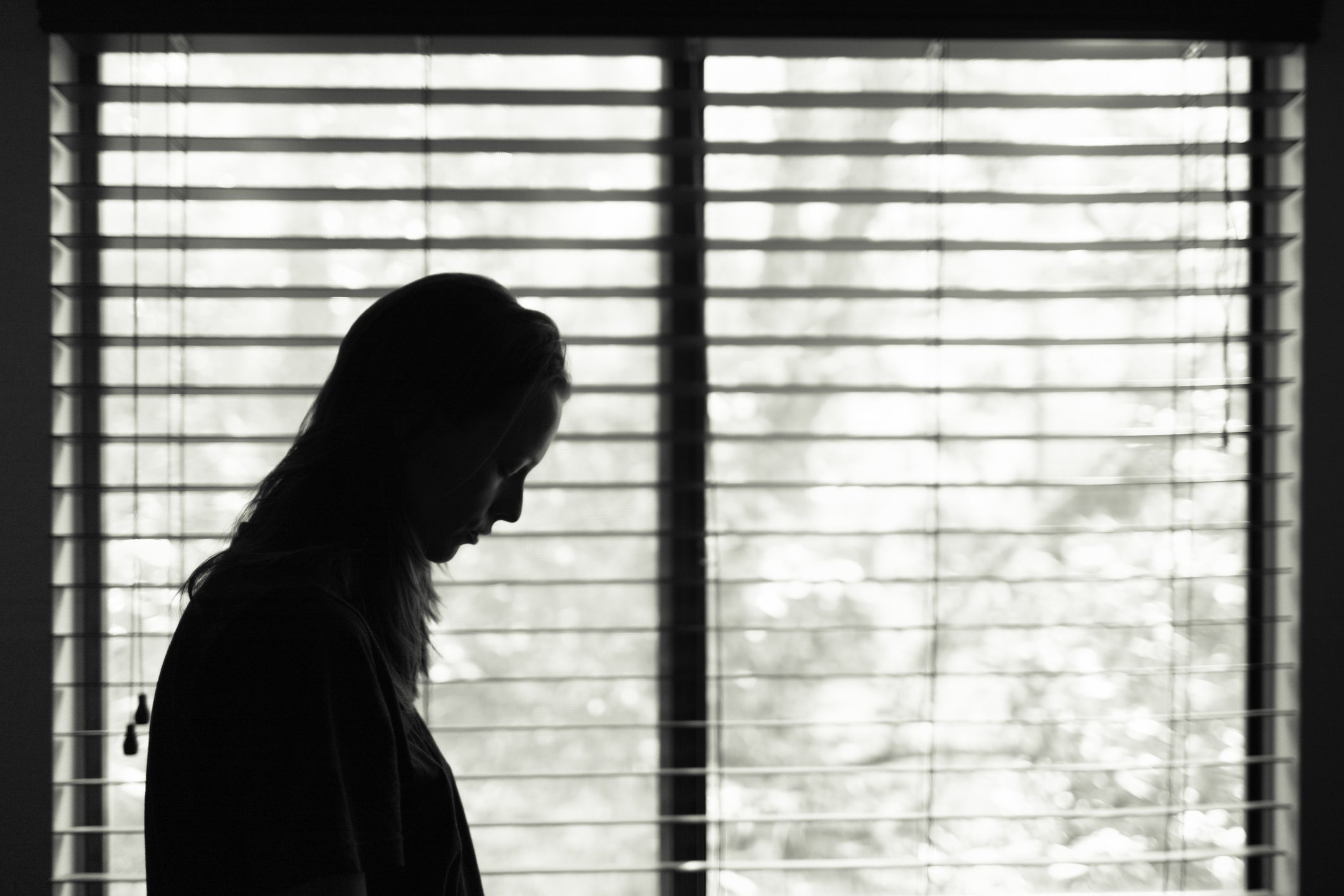Domestic abusers made to wear GPS tracker after leaving jail in pilot scheme
‘When my ex-husband was released from prison I spent many anxious days and nights wondering whether he would turn up at our house,’ one survivor says

Domestic abusers will be made to wear GPS tracking devices after leaving prison in a first-of-its-kind pilot scheme.
Offenders who have been jailed for an offence linked to domestic abuse – such as physical violence, stalking, harassment, coercive control and sexual abuse – will be tagged with a device that tracks their movements.
The scheme, launched by London’s mayor Sadiq Khan, seeks to prevent continued abuse and to protect victims, future partners and children, with offenders punished if they break conditions set at the time of their release.
Charlotte Kneer, a domestic abuse survivor whose violent partner was jailed for seven years in 2011, told The Independent she was thrilled the pilot scheme was being launched.
Ms Kneer, chief executive of Reigate and Banstead Women’s Aid refuge in Surrey, added: “When my ex-husband was released from prison, I spent many anxious days and nights wondering whether he would turn up at our house. As a victim I felt totally unprotected and can remember thinking, ‘Will I have to fight for my life if he breaks in?’
“This scheme could give victims comfort that the perpetrator of the abuse is being monitored, but only if the tagging scheme is managed properly. I applaud Sadiq Khan for taking the initiative with this scheme and think it shows a real commitment to protect victims, something that has been sadly lacking to this point.”
Domestic abuse has surged during the coronavirus pandemic – with calls to the National Domestic Abuse Helpline rising by 49 per cent in the three weeks after the first national lockdown was imposed.
The Metropolitan Police recorded a 6-per-cent increase in domestic abuse offences between March to December last year, in comparison to the same period in 2019. More than 94,500 domestic abuse offences were recorded last year.
Mr Khan said: “Sadly we have seen a rise in domestic abuse during lockdown and as well as working to protect victims, it’s vitally important we also focus on addressing the behaviour of offenders to drive down this abhorrent crime.
“Our new scheme targeting perpetrators of abuse will prevent further violence, help to better protect victims from harm and send a clear signal that abuse ends now.”
Suky Bhaker, chief executive officer of the Suzy Lamplugh Trust, a UK anti-stalking charity which is the largest of its kind in the world, welcomed the scheme.
She said: “Ex-intimate partners make up over half of all stalking cases. We know that the risk to the victim is heightened when they leave the relationship.
“Research has also shown as many as 55 per cent of stalkers go on to reoffend, therefore it is vital that as much protection as possible is granted to the victim in order to reduce risk.”
Katie Nash, head of public protection for the London arm of the National Probation Service, said: “This pilot gives us the opportunity to use technology to improve the management of the risk posed to past, current and future partners and children.”
City Hall is investing £230,000 in the scheme, which will last for a year in every London borough.
Lisa Watson, a probation officer, said: “The GPS tagging has been invaluable for cases where there has been ongoing domestic abuse concerns. I am notified immediately if someone breaches their curfew or exclusion zone, such as if they approach the victim’s home or place of work.”
She said she is able to assess risk “in real time” and take immediate measures to ensure victims are safeguarded.
Two women a week are killed in England and Wales by a current or ex-partner, while one in four women will suffer domestic abuse at some point during their lives.
A study by the University of Gloucestershire on the relationship between stalking and homicide involving a female victim and male perpetrator found that in 71 per cent of cases the victim and perpetrator were in, or had previously had, an intimate relationship. Stalking was identified in the run-up to 94 per cent of the 358 criminal homicides examined.
Joel Hutchinson, another probation officer, said: “I used GPS as part of the Mayor’s Office for Policing and Crime pilot for a period of monitoring for a high-risk offender being released from prison. The system was extremely effective, quick to arrange and once the offender was released, alerted me immediately of any concerns with regards to compliance and adhering to licence conditions.”
Join our commenting forum
Join thought-provoking conversations, follow other Independent readers and see their replies
Comments


Bookmark popover
Removed from bookmarks